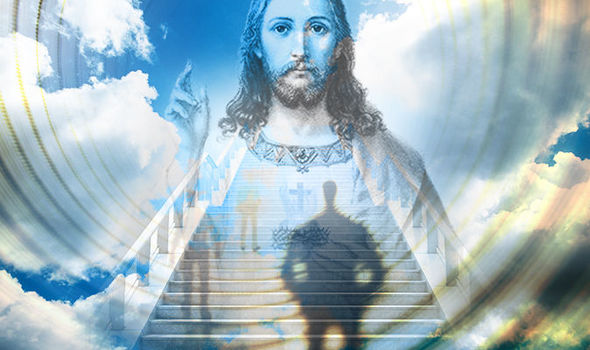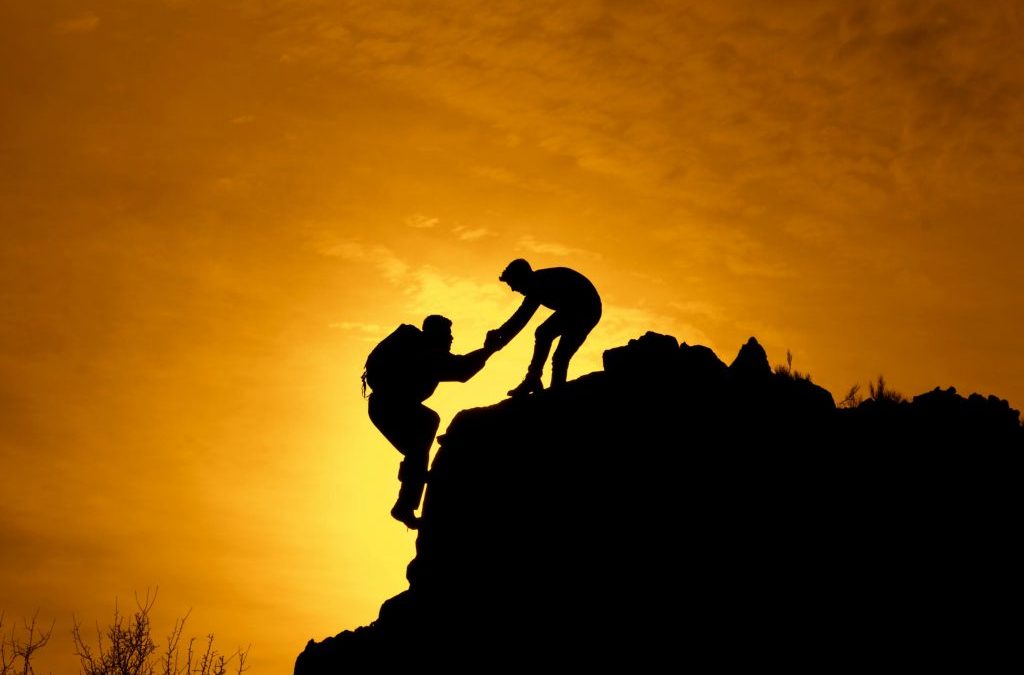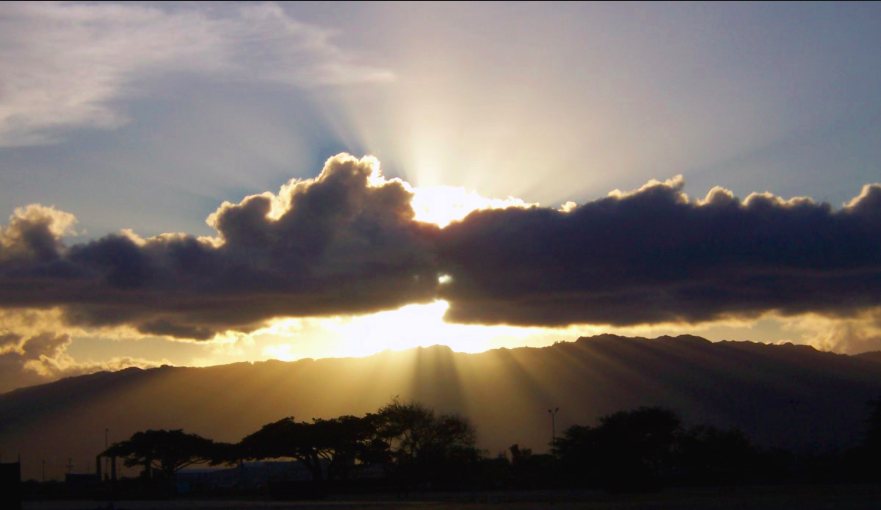Being a pessimist by nature and experience, I tend to see dark linings in silver clouds. But is there ia real chance to change course now, if those who remain healthy can be true and look beyond the immediate crisis?
Each day, as the pandemic deepens and widens, I’ve been grappling with the question of whether to keep going with the work in the midst of its predictive realization.
What is “the work?” It is a rather presumptuous, pretentious phrase, implying some greater importance, if not self-importance. You get that sense when actors refer to their inherently unserious gigs making movies as “the work.”
What I mean by the work is bringing about the transmutation of our species, always beginning with and within oneself, to change the basic, disastrous course of humankind. It is, in other words, the messy ditchwork of radical change.
Sometimes I feel the work is thousands of years old; at other times I doubt that it exists at all. But something more than personal motivation, need and desire is driving it.
“No teacher, however illumined, has changed the basic course of humankind,” Krishnamurti said near the end of his life. We humans are a very pigheaded species.

Many others have tried and failed to change the basic course of humankind. The greatest example of that failure is Jesus, who, contrary to Christianity, wasn’t meant to die on the cross. Though he failed to change the hearts of the people of his time, he didn’t fail within himself, but remained faithful to God and his love for humanity.
Deifying him, as supposed followers of Jesus have done since the Roman Empire took over the Jesus Movement and founded of the Roman Catholic Church in the 300’s, was the most cunning trick in human history. It effectively denied the failure of Jesus’ mission, removed responsibility from people then and now, kept Jesus’ humanness at a safe distance, and installed a priestly order of a authority from the pope on down.
The devil’s own in the White House, the most spiritually empty and amoral president in American history, is mocking Jesus and making fools of Christians who support him when he says, “Easter is a very special day for me,” and that it would be “great to have all of the churches full…I think Easter Sunday you will have packed churches all over our country.”
Timing is not everything, but it may be the most important thing. A psychological and spiritual revolution, irrespective of organized religion and tradition, may be a matter of timing. We each contain human consciousness enfolded within us in microcosm. So can insight ignite within human consciousness during this worldwide halt in activity?
I’ve long felt that prophecy, a profession with not a high rate of success, as Abe Lincoln wryly noted, is 15% predication and 85% preparation.
As Marcus Borg points out, “Prophecy and prediction have become virtual synonyms…implying a future already fixed or predetermined that can be can by known by specially gifted people who can see into it and disclose coming events to others.”
However prophecy once had a much more subtle and nuanced meaning. “Importantly, it was not the last judgment or end of the world, but the threatened end of the social world through historical catastrophe,” Borg states.
Dying in Greece, the poet Lord Byron, who certainly didn’t live a Christ-like life, nevertheless wrote lines in his last poem, “On this day I complete my 36th year,” which echo through the centuries:
“The fire that on my bosom preys
Is lone as some volcanic isle;
No torch is kindled at its blaze—
A funeral pile.
But ’tis not thus—and ’tis not here—
Such thoughts should shake my soul, nor now…”

It’s patently absurd for commentators to proclaim, “Our greatest lesson is this: We must build a more sturdy America.” It isn’t about America; it’s about humanity.
For the last few years, I’ve been perplexed at how a social, economic and political system that is so meaningless, debased and corrupt, so dedicated to and based on self-centeredness and externality, could persist.
It turns out we were running on fumes. The collapse that many have predicted is upon us. Are enough people prepared to respond at all levels, from the spiritual, philosophical to political dimensions, to create a global civilization?
How bad will this get? Perhaps just bad enough to bring about the essential shift in consciousness and change the course of humankind.
Martin LeFevre

